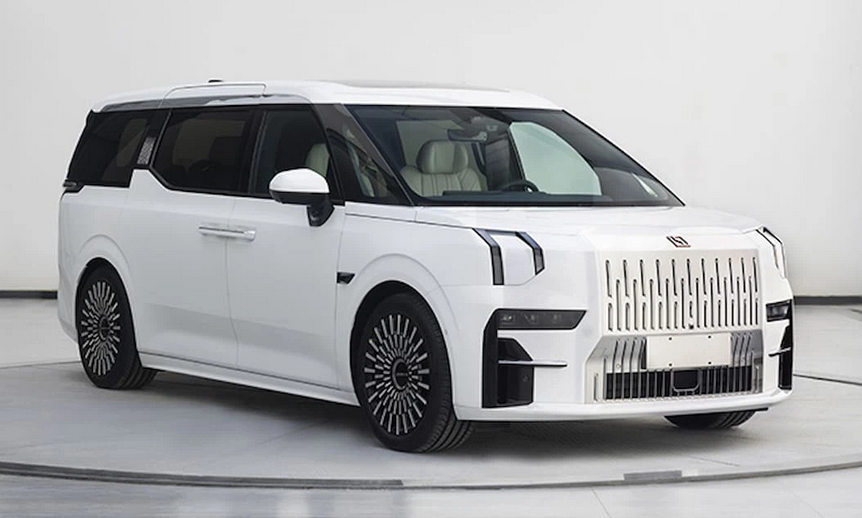BEIJING – A remarkable transformation is underway in the bustling metropolises of China, such as Beijing. Once a rarity, electric cars are now on the fast track to dominate the automotive market. Showrooms for electric vehicles, operated by innovative brands like Xiaopeng, Li Auto, and Polestar, are ubiquitous in shopping centers, offering a relaxed and accessible car-buying experience.
In July 2024, fully electric and plug-in hybrid vehicles reached a milestone by making up the majority of new registrations in China. This trend reflects the determined policy that is driving the end of combustion engines, supported by regulations such as car-free days and a lottery system for license plates that favor electric cars.
The extensive charging infrastructure and competitive price reductions, with models like the BYD Seagull available for under 10,000 euros, have contributed to making electric cars the most practical option for many buyers. In contrast, Germany has experienced a 32 percent decline in electric car registrations during the same period. This difference highlights the effectiveness of Chinese strategies and raises questions about adaptability and support policies in Germany.
China demonstrates that through targeted political measures and the support of a robust infrastructure, the transition to electromobility can be made not only possible but also economically attractive. While high-quality models like the Zeekr 009 with luxurious features appeal to a broad range of buyers, frequent special promotions and discounts offer additional incentives.
Thus, electromobility in China is a sign of technological progress and a sustainable future that could inspire other nations. Germany now faces the challenge of accelerating its own mobility transition and learning from China’s example to remain competitive in an increasingly environmentally conscious world. (zai)

